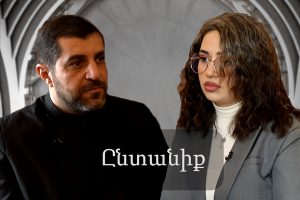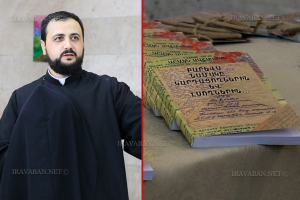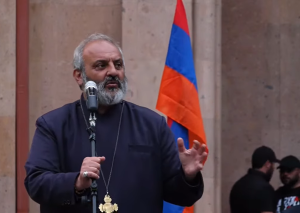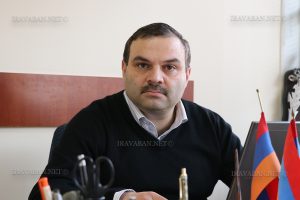“Just like you can’t turn a thousand rabbits into a horse,
you can’t turn a thousand suspicions into an evidence”.
Honore de Balsac
In our days we hear a lot of about upholding or violating the presumption of innocence. As a definition of presumption of innocence the following is used: “A suspect of crime remains innocent until proven otherwise in legal manner and court verdict.”
According to the European Convention on human rights and basic liberties, “Everyone, when his or her civic liberties or responsibilities are decided or when any criminal charge is discussed, has the right for open trial within reasonable time limit and fair court” (article 6, part 1). According to part 2 of the same article “Any suspect of crime is innocent until proven guilty by court of law”.
 According to UN Human Rights convention “Any individual accused of crime must be considered innocent until proven guilty by fair trial” (article 11, part 1).
According to UN Human Rights convention “Any individual accused of crime must be considered innocent until proven guilty by fair trial” (article 11, part 1).
According to Armenian legislation “Person accused of crime is considered innocent until proven guilty by verdict of a court”. The accused does not need to prove his innocence. Non-argumented suspicion is rules in favor of the accused (article 21).
The principle of the presumption of innocence is stemmed from the understanding that individual does not have to prove his innocence. In this regards article 65, part 3 of RA Criminal Code says: “The constitutional right of presumption of innocence indicates that the accused does not have to prove his innocence”.
As we know, the burden of proof of the guilt in a court lies on the prosecuting party. “Accused does not have to prove his innocence. The burden of proof cannot be shifted to the accused (article 34, part 2 of Criminal Code). Prosecutor has to continue with accusation until information excluding the possibility is found. (Artile 34, part 2 of Criminal Procedure of RA). In case of such decision be presented in court, the judge is to suspend the proceedings and criminal investigation.
Talking about constitutional right for presumption of innocence, we can’t leave aside the publications of mass media. For local and international audience, there are individuals whose cases are still pending but who are already introduced by the media to the society as “proven criminals”. Sometimes it is mentioned that the individuals themselves admitted to their guilt. This creates the false impression that if a man has admitted to a thing, he is proven guilty and the presumption of innocence is of no concern. However, the words of the accused do not influence the court due to the reason that “the judge in a trial is only guided by justice and legislation” (Constitution article 97) and the judge must find whether the confession is not aiming to conceal a different crime or the true criminal. It is important to remember that the court supports neither the defense nor the prosecution, but is merely a justice implementation tool.
Thereis another issue here – can anyone express opinion about the guilt before the verdict is delivered. RA Constitution prescribes the principle of innocence of the accused, as well as everyone’s freedom of speech and expression (RA Constitution article 27).















